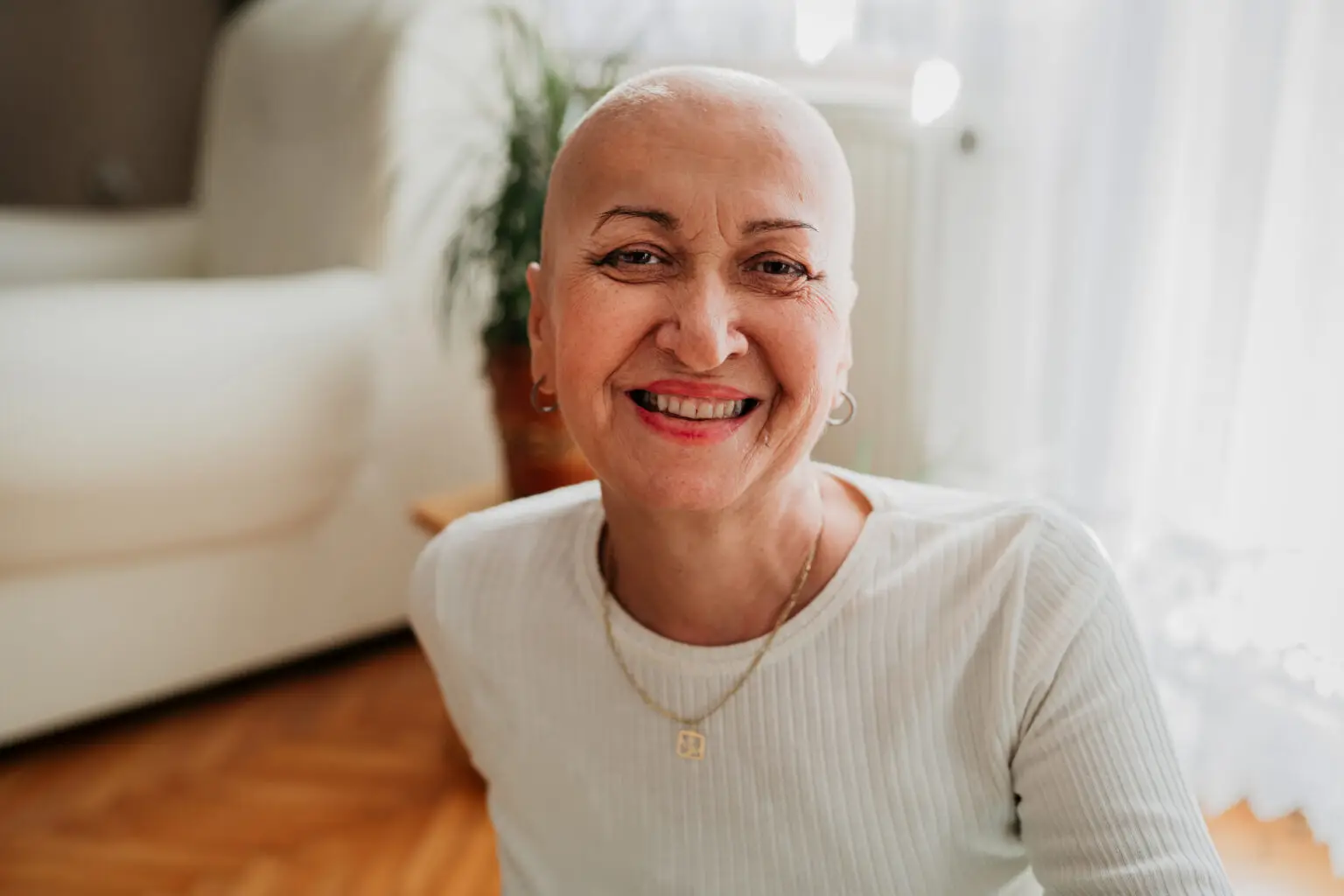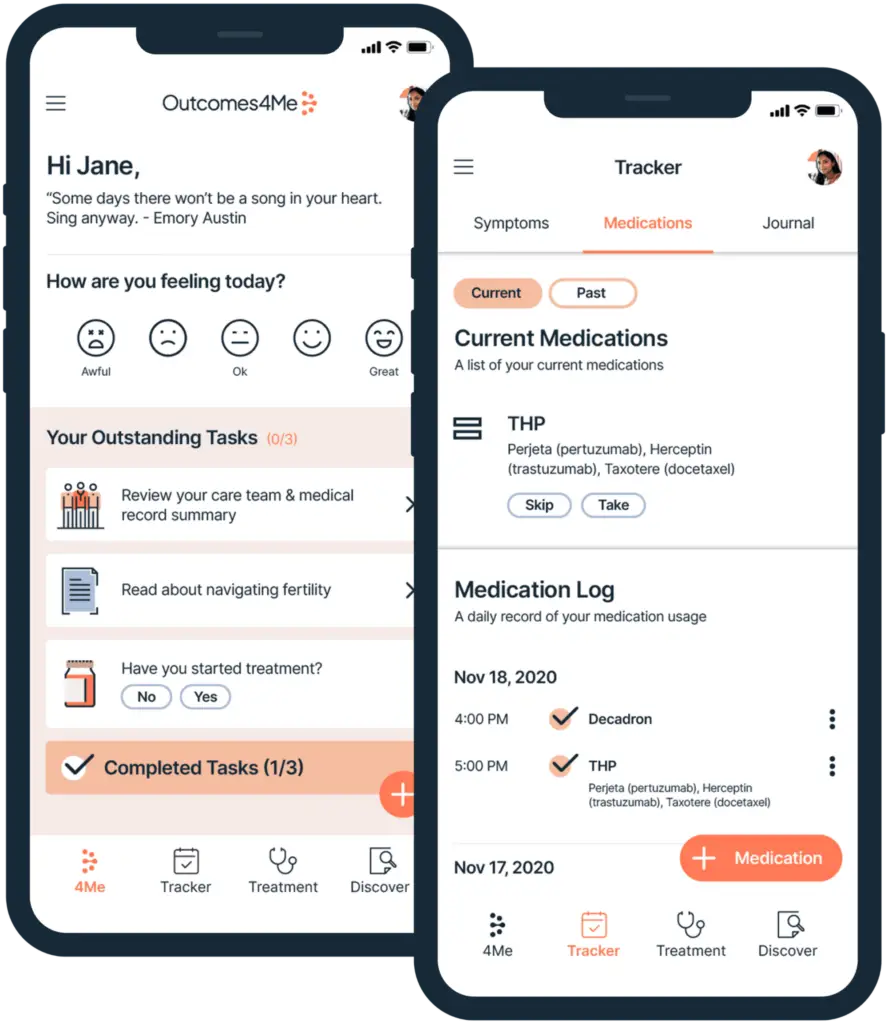Our focus this October has been It’s OK, Not to be OK. We’re eager to normalize conversation around the mental health, social, and financial struggles that breast cancer patients deal with every month of the year–and that stand in stark contrast to the sometimes celebratory and commercialized nature of Breast Cancer Awareness Month activity.
We’re honored to highlight 5 organizations that support the whole patient during treatment, often fulfilling non-medical needs that are just as vital to overall health and wellbeing. Join us in championing the hard work of these groups and their teams. We hope we can introduce patients to organizations that can help meet a currently unmet need.
- Infinite Strength: Infinite Strength recognizes the devastating financial implications a metastatic breast cancer (mBC) diagnosis can have on women and families, particularly women from underrepresented groups. To help ensure patients don’t have to choose between their own treatment and meeting the needs of their children, Infinite Strength provides six months of financial assistance and emotional support to underserved single mothers living with mBC so they can focus on their treatment without imminent financial worry.
- Shay’s Warriors: Shay’s Warriors focuses on supporting breast cancer patients in survivorship–when the clinical support network of active treatment is no longer there. One way the team supports survivors is by hosting an all-expenses paid retreat in Palm Springs where survivors can connect with each other and focus on healing through yoga, hiking, journaling, meditation, art, and music.
- Casting for Recovery: Casting for Recovery helps connect breast cancer survivors with the healing force of nature for a free two-and-a-half day fly fishing retreat. Alongside receiving fly fishing instruction and being able to connect with other women who have experienced a breast cancer diagnosis, medical professionals and psychosocial counselors are on hand to provide support. Participants spend the retreat focusing on wellness, empowerment, and opportunity. This unique organization aims to improve the quality of life for women with breast cancer.
- United Breast Cancer Foundation: United Breast Cancer Foundation’s mission is to make a positive difference in the lives of those affected by breast cancer. It strives to alleviate the stress and strain that cancer can cause to patients and families through fostering health and well-being with both traditional and holistic treatments. UBCF developed the Child Sponsorship Program to support children directly impacted by breast cancer because the entire family is affected by a diagnosis. Assistance may include funds for healthy food, counseling services, clothing and special holiday gifts.
- Pink Fund: The Pink Fund believes that no one undergoing breast cancer treatment should ever have to choose between getting medical care or paying their household bills. Sadly, treatment costs, coupled with income loss, force breast cancer patients into hard decisions and it’s important to remember that the financial side can be just as devastating as the medical side. This is where the Pink Fund comes in. The Pink Fund provides financial support to help meet basic needs, decrease stress levels, and allow breast cancer patients in active treatment to focus on healing while improving survivorship outcomes. Its 90-day grant program helps participants meet their critical expenses for housing, transportation, utilities, and insurance.
We encourage all patients to reach out to any of these organizations whose missions resonate with them. Additionally, check out our special offers for our patient members during this Breast Cancer Awareness Month.





